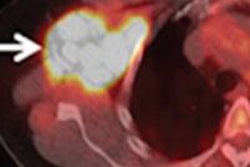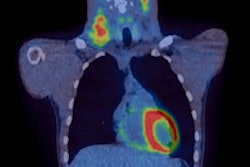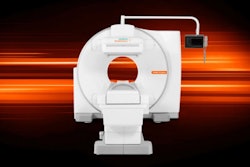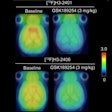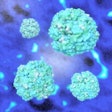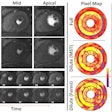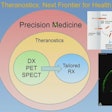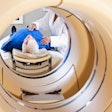PET/CT has the potential to catch a relapse of non-Hodgkin's lymphoma (NHL) in its earliest stages, according to a study presented this week at the Society of Nuclear Medicine and Molecular Imaging (SNMMI) 2015 meeting.
Lead author Dr. Mehdi Taghipour and colleagues from Johns Hopkins University reviewed 560 PET/CT scans from 204 patients who underwent the scans at least six months after completing primary therapy.
PET/CT's sensitivity for detecting relapsed NHL was 95%, while specificity -- the ability to rule out NHL -- was 90%, they found. Along with the noteworthy sensitivity and specificity numbers, positive predictive value was 84% and negative predictive value was 97%. The overall accuracy of follow-up PET/CT with FDG was 92%.
Follow-up PET/CT also led to changes in patient management in 17% of cases, and new treatments were initiated after 16% of scans.
Taghipour said a permanent cure for the fifth-most prevalent cancer in the U.S. may still be achieved using salvage chemotherapy, but early diagnosis of a relapse is essential.





